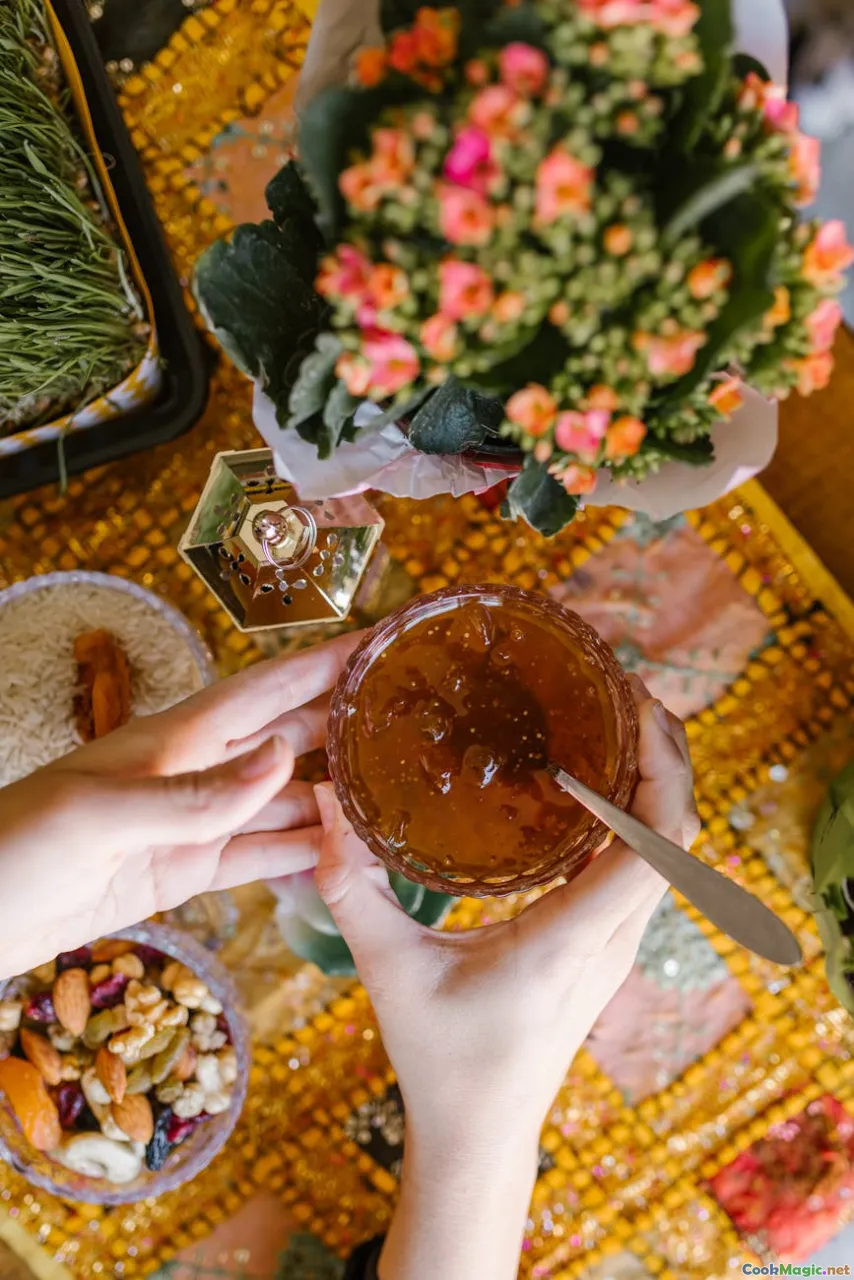Festive Foods of the Solomon Islands and Their Meanings
8 min read Explore the vibrant festive foods of the Solomon Islands, their cultural significance, and the stories they tell during celebrations. April 24, 2025 18:00
Festive Foods of the Solomon Islands and Their Meanings
Imagine a land where the air hums with the rhythm of drumming, the aroma of roasted taro mingles with the salty breeze, and every dish tells a story rooted deep in tradition. Welcome to the Solomon Islands, an archipelago of stunning islands nestled in the heart of the Pacific, where food isn’t just sustenance but a vibrant expression of history, identity, and community.
The Cultural Tapestry of the Solomon Islands
The Solomon Islands are a melting pot of diverse cultures, languages, and traditions. Over 70 distinct languages are spoken across the islands, each community weaving its unique cultural fabric. Food plays a pivotal role in these cultural expressions, especially during festivals and celebrations that mark significant life events, seasonal changes, and communal bonds.
Festive foods, in particular, are imbued with symbolism and meaning, serving as more than just nourishment—they are embodiments of ancestral spirits, social status, and hopes for prosperity.
The Significance of Festive Foods in Solomon Islands Culture
In Solomon Islands societies, food is sacred. During festivals, ceremonial events, or communal gatherings, certain dishes are prepared with meticulous care, often using traditional techniques passed down through generations. These foods reinforce social cohesion, honor ancestors, and celebrate the bounty of the land and sea.
For example, the preparation of Kokoda(a ceviche-like dish of fresh fish marinated with lime and coconut) during celebrations symbolizes purity and freshness, whileTaro and Breadfruit signify sustenance and connection to the land.
Iconic Festive Foods and Their Cultural Meanings
1. Kokoda: The Spirit of Freshness
Kokoda is a beloved dish that captures the essence of the islands’ abundant marine life. Made with freshly caught fish—often tuna or mackerel—marinated with lime juice, grated coconut, onions, and chili, it’s a dish that is as vibrant and lively as the islands themselves.
During festivals, Kokoda is more than just a dish; it’s a symbol of vitality and renewal. The use of fresh fish signifies respect for the ocean, which sustains the islanders. The marination process, which involves soaking the fish in lime and coconut, represents cleansing and purification, aligning with spiritual beliefs.
2. Taro and Breadfruit: The Pillars of Sustenance
Root vegetables like taro and breadfruit are staples in Solomon Islands cuisine, especially during festive occasions. Taro, with its starchy, earthy flavor and smooth texture, is often roasted or boiled, then served with coconut milk—a dish that evokes the land’s fertility.
Breadfruit, which can be roasted whole in underground pits or cooked in coconut milk, is a symbol of abundance. During festivals, these foods are presented as offerings to ancestors, symbolizing gratitude and hope for continued prosperity.
3. Kaikai: The Communal Feast
‘Kaikai’ is the local term for communal feasting, a central element of Solomon Islands celebrations. Dishes served during kaikai include roasted pig (pua’a), fish, taro, yams, and tropical fruits. The roasting of pig, often over an open fire, is a ceremonial act that signifies respect and honor.
The shared meal fosters unity, reinforcing social bonds and collective identity. The act of breaking bread together, especially during festivals like Independence Day or traditional ceremonies, embodies communal strength and ancestral reverence.
4. Coconut-Based Confections and Drinks
Coconut plays a vital role in festive foods, not just as a savory ingredient but also in sweet treats. Coconut jelly, made from the flesh of mature coconuts, is a delicacy enjoyed during celebrations. Additionally, coconut toddy (a fermented sap) is sometimes used in traditional drinks, symbolizing the connection to nature and the land.
The Rituals and Techniques Behind Festive Foods
Preparing these foods involves age-old techniques that connect the community to their ancestors. Underground oven roasting (known locally as umuorearth oven cooking) is common for dishes like breadfruit and taro, imparting a smoky, earthy flavor that is cherished.
Marination, fermentation, and open-fire roasting are methods that not only preserve food but also carry spiritual significance, believed to invoke blessings and protection.
Personal Reflections and Stories
Having visited the Solomon Islands, I was struck by how food acts as a living memory of the islands’ history. During a village festival on Guadalcanal, I watched elders prepare a traditional feast that had been passed down for generations. The aroma of roasted pig, mingled with the sweet scent of coconut, filled the air as families gathered under the shade of palms.
What captivated me most was the reverence with which every step was taken—each ingredient added with purpose, each dish a testament to ancestral wisdom. Sharing these foods with locals, I felt an intimate connection to their culture, a flavor of history that words could hardly capture.
Conclusion: Celebrating Life Through Food
The festive foods of the Solomon Islands are more than just dishes—they are embodiments of cultural identity, history, and community spirit. Each bite tells a story of resilience, respect, and hope, woven into the very fabric of island life.
As we explore and appreciate these vibrant flavors, we gain insight into a world where food is a sacred gift from nature and a bridge that unites generations. Whether it’s the zing of lime-marinated Kokoda or the communal joy of kaikai, these foods invite us to celebrate life in its richest, most flavorful form.
In embracing the culinary traditions of the Solomon Islands, we partake in a timeless dance—honoring the past, nourishing the present, and sharing hope for the future. So next time you savor a tropical fish ceviche or a roasted taro, remember—you’re tasting a piece of history, a symbol of community, and a celebration of life itself.









